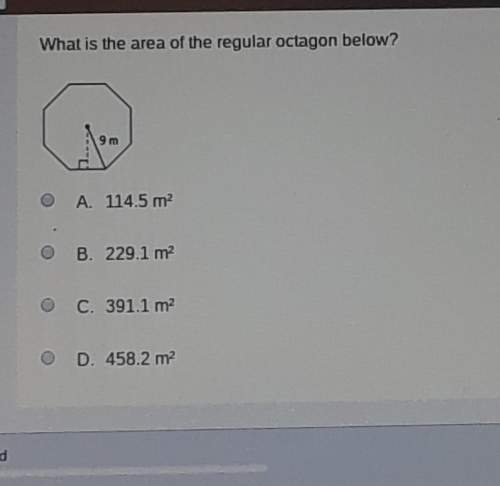Suppose three random variables X, Y, Z have a joint distribution
PX, Y,Z(x, y,z)=PX(x)PZ...

Mathematics, 10.03.2020 00:25 maleah12x
Suppose three random variables X, Y, Z have a joint distribution
PX, Y,Z(x, y,z)=PX(x)PZ∣X(z∣x)PY∣Z(y∣z).
Then X and Y are independent given Z?
a. True
b. False

Answers: 1


Other questions on the subject: Mathematics


Mathematics, 21.06.2019 18:40, jesus3426
A33 gram sample of a substance that's used to detect explosives has a k-value of 0.1473. n = noekt no = initial mass (at time t = 0) n = mass at time t k = a positive constant that depends on the substance itself and on the units used to measure time t = time, in days
Answers: 1

Mathematics, 21.06.2019 19:30, gwendallinesikes
Use multiples to write two fractions equivalent to 7/9. 14/18, 8/10 6/8, 21/27 10/12, 28/36 14/18, 21/27
Answers: 1
You know the right answer?
Questions in other subjects:

Mathematics, 20.05.2021 19:00

Mathematics, 20.05.2021 19:00


Mathematics, 20.05.2021 19:00





Mathematics, 20.05.2021 19:00

Computers and Technology, 20.05.2021 19:00




